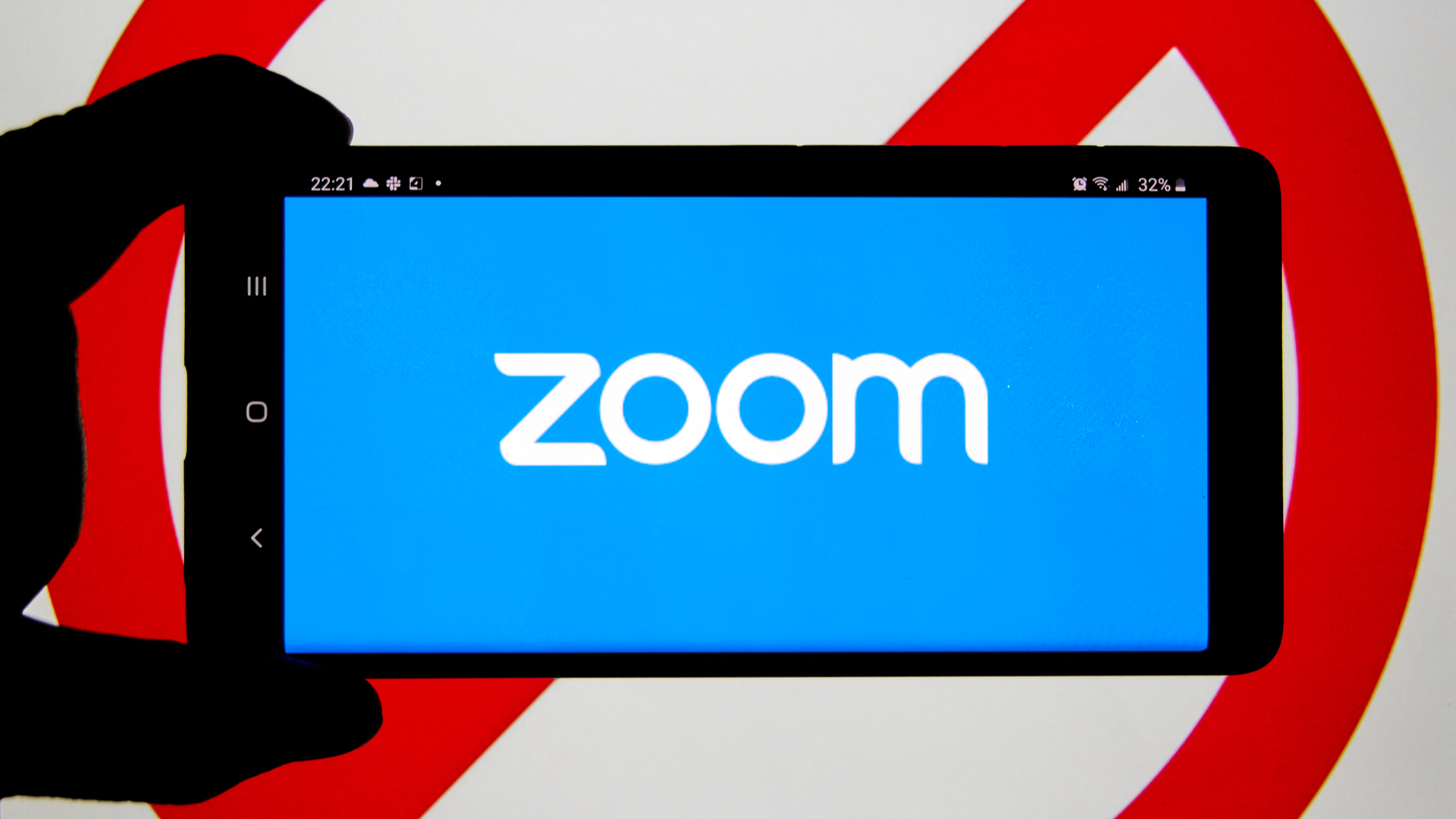NHS staff urged to avoid using Zoom for virtual appointments
Trusts have been advised to use approved alternatives such as BlueJeans instead


NHS staff gave been advised not to use Zoom for virtual appointments due to the mounting number of security concerns surrounding the video conferencing tool.
A report in The Telegraph reveals that the NHS trusts responsible for more than 3 million patients and 12,000 employees are advising doctors and nurses to avoid using Zoom to communicate with patients.
Instead, staff are being urged to use approved alternatives. Central London Community Healthcare NHS Trust is using BlueJeans software, according to the report, while London Northwest University trust, which is responsible for four hospitals and several clinics, said staff were using a bespoke Attend Anywhere video conferencing system.
“In light of alternative, secure tools being available to our staff, Central London Community Healthcare NHS Trust is not recommending the use of Zoom for patient video appointments,” a spokesman said. “This is in line with recently published guidance from the Information Commissioner’s Office and NHSX.
"The security of patient information and our responsibilities as a Data Controller are of paramount importance to the Trust, and we continue to review national guidance on this matter.”
A number NHS trusts are using Microsoft Teams, according to The Telegraph, with the software giant offering six months of free access for healthcare services during the pandemic
IT Pro reached out to NHSX, the digital transformation arm of the NHS, for comment, but had not received a response at the time of publication.
Get the ITPro daily newsletter
Sign up today and you will receive a free copy of our Future Focus 2025 report - the leading guidance on AI, cybersecurity and other IT challenges as per 700+ senior executives
NHS staff are not the only employees being urged to ditch Zoom in favour of a more secure alternative. A host of organisations including Google and SpaceX have banned use of the platform due to a number of security issues, namely 'Zoom-bombing' attacks and, until today, a lack of end-to-end encryption.
In response to criticism about the service's lack of encryption, the company has announced Zoom 5.0, which implements the 256-bit AES-GCM encryption standard to give users some reassurance that their data is protected from cyber criminals.
Zoom, which has seen its user base surge from 10 million to 200 million in light of the coronavirus pandemic, has also rolled out Control Data Routing, which allows account administrators to choose which data centre regions they use for real-time traffic.
Carly Page is a freelance technology journalist, editor and copywriter specialising in cyber security, B2B, and consumer technology. She has more than a decade of experience in the industry and has written for a range of publications including Forbes, IT Pro, the Metro, TechRadar, TechCrunch, TES, and WIRED, as well as offering copywriting and consultancy services.
Prior to entering the weird and wonderful world of freelance journalism, Carly served as editor of tech tabloid The INQUIRER from 2012 and 2019. She is also a graduate of the University of Lincoln, where she earned a degree in journalism.
You can check out Carly's ramblings (and her dog) on Twitter, or email her at hello@carlypagewrites.co.uk.
-
 Global cybersecurity spending is set to rise 12% in 2025 – here are the industries ramping up investment
Global cybersecurity spending is set to rise 12% in 2025 – here are the industries ramping up investmentNews Global cybersecurity spending is expected to surge this year, fueled by escalating state-sponsored threats and the rise of generative AI, according to new analysis from IDC.
By Ross Kelly Published
-
 Google Cloud is leaning on all its strengths to support enterprise AI
Google Cloud is leaning on all its strengths to support enterprise AIAnalysis Google Cloud made a big statement at its annual conference last week, staking its claim as the go-to provider for enterprise AI adoption.
By Rory Bathgate Published